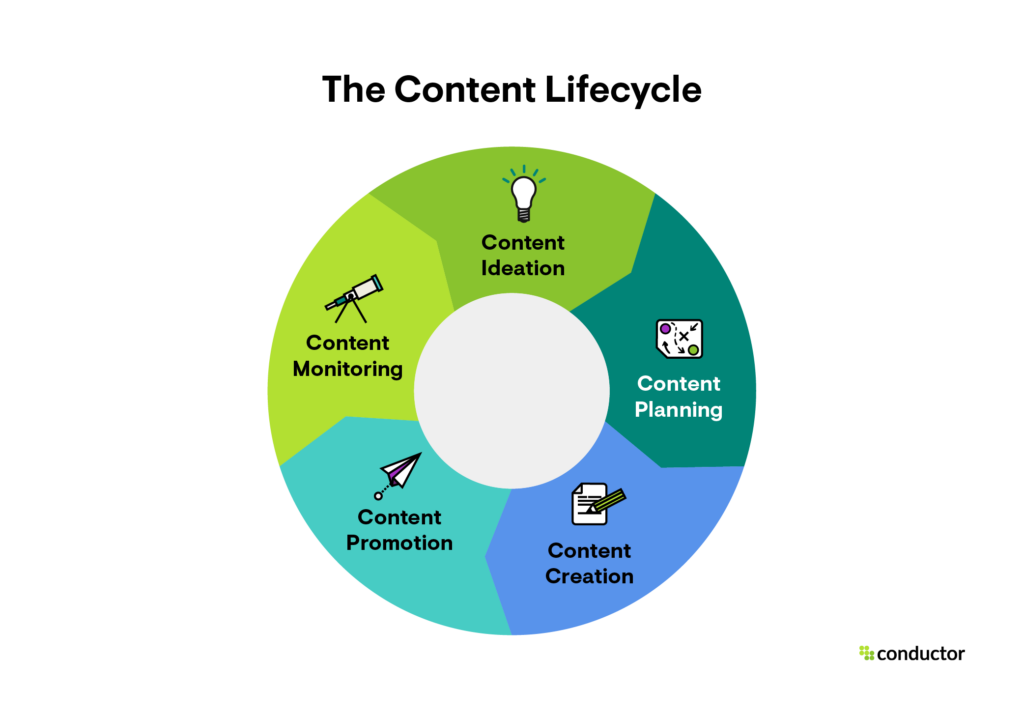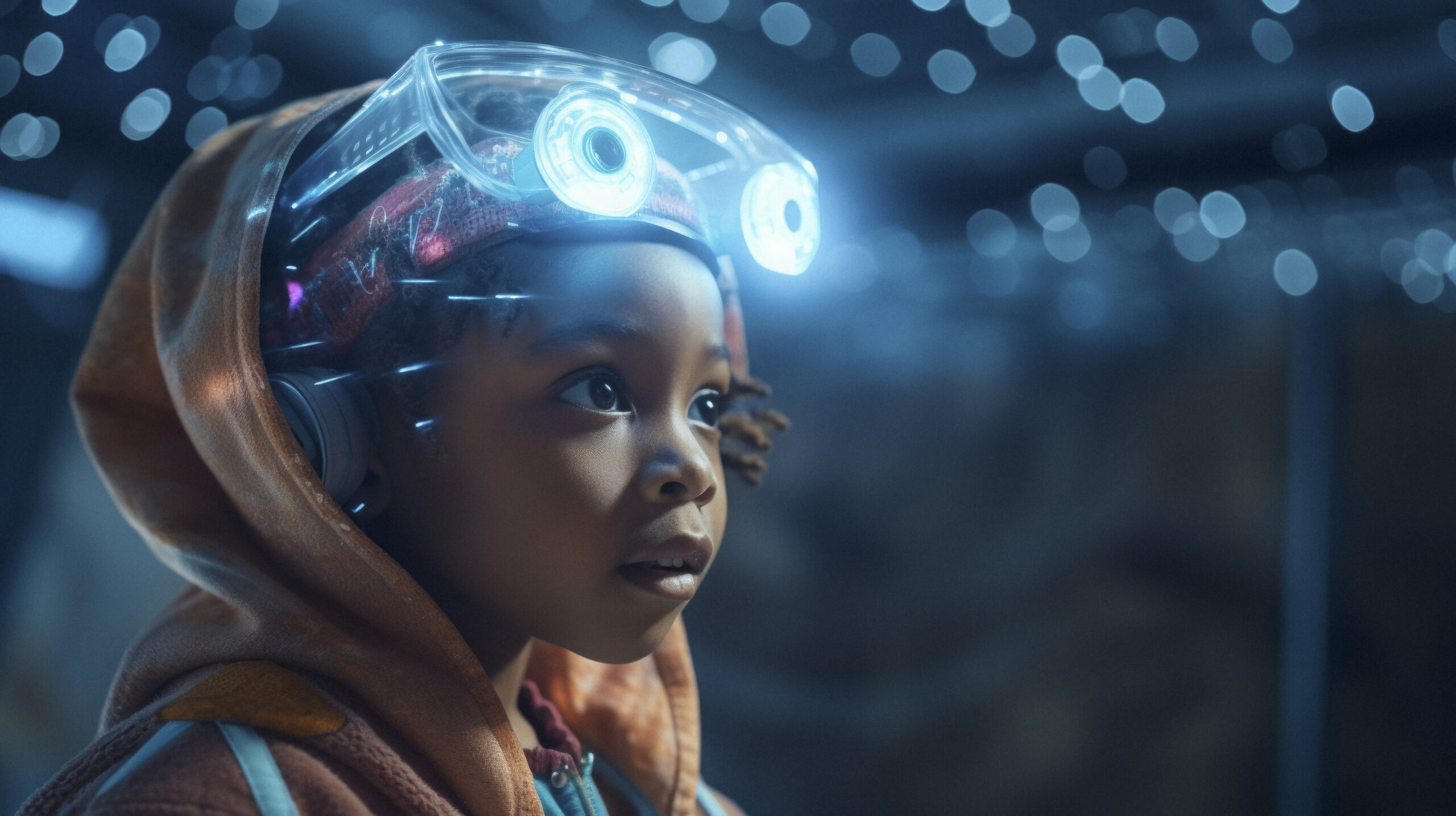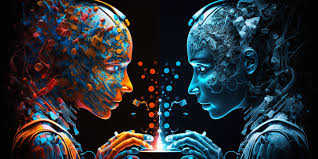In the rapidly evolving digital age, artificial intelligence (AI) has moved from being a niche concept to becoming an integral part of various industries. One of the most fascinating developments is how AI is revolutionizing content creation. From writing articles and creating videos to designing graphics and managing social media, AI-powered tools are transforming the way we produce and consume digital content. But what does this mean for content creators, marketers, and businesses? Let’s explore how AI is shaping the future of digital media and what opportunities and challenges lie ahead.
The Evolution of Content Creation
Traditionally, content creation has been a labor-intensive process requiring a combination of creativity, expertise, and time. Writers, graphic designers, video editors, and other creative professionals have long been the backbone of the content industry. However, the advent of AI has introduced a new paradigm, where machines can now assist or even take over certain aspects of content production.
- AI in Writing and Editing: Tools like GPT (Generative Pre-trained Transformer) models have shown remarkable proficiency in generating human-like text. These tools can write articles, create ad copy, and even generate code. AI-powered grammar and editing tools, such as Grammarly, help writers enhance the quality of their content by providing real-time suggestions.
- AI in Video Production: Video content is increasingly becoming a dominant form of digital media. AI tools like Synthesia and Lumen5 enable users to create professional-looking videos with minimal effort. These platforms can turn text into videos, add voiceovers, and even create deepfake-style videos where AI-generated avatars deliver the content.
- AI in Graphic Design: Canva’s AI features and tools like DALL-E are making it easier for non-designers to create visually appealing graphics. AI can now generate unique designs, logos, and illustrations based on user input, significantly reducing the time and skill required to produce high-quality visuals.
Opportunities for Businesses and Content Creators
The rise of AI-powered content creation offers numerous benefits for businesses and content creators:
- Cost Efficiency: AI tools can significantly reduce the cost of content production. Small businesses and startups, which often have limited budgets, can now create high-quality content without hiring expensive professionals.
- Speed and Scalability: AI can produce content at a much faster rate than humans. This is particularly beneficial for businesses that need to scale their content production to meet the demands of a growing audience.
- Personalization: AI algorithms can analyze user data to create personalized content. For example, Netflix uses AI to recommend shows and movies based on individual viewing habits. Similarly, AI can help businesses tailor their content to different segments of their audience, improving engagement and conversion rates.
- Innovation and Creativity: AI can serve as a creative partner, offering new ideas and perspectives that humans may not have considered. For instance, AI-generated art and music are pushing the boundaries of creativity, leading to new forms of expression and innovation.
Challenges and Ethical Considerations
Despite the many advantages, AI-powered content creation also presents several challenges and ethical concerns:
- Quality and Authenticity: While AI can generate content quickly, the quality may not always match that of human-created content. Ensuring that AI-generated content meets the desired standards is crucial for maintaining credibility.
- Job Displacement: The rise of AI in content creation raises concerns about job displacement. As AI tools become more sophisticated, there is a fear that creative professionals may lose their jobs to machines. However, it’s essential to view AI as a tool that can augment human creativity rather than replace it.
- Ethical Use of AI: Deepfake videos and AI-generated content can be used to spread misinformation or create misleading content. Businesses and content creators must use AI responsibly and ensure that their content is ethical and truthful.
- Intellectual Property Issues: Who owns the rights to AI-generated content? This is a gray area in the legal landscape that needs to be addressed as AI becomes more prevalent in content creation.
The Future of AI-Powered Content Creation

The future of content creation is undoubtedly intertwined with the development of AI. As AI technologies continue to advance, we can expect even more sophisticated tools that will further blur the line between human and machine-generated content. However, the human element will always remain essential. AI may assist in the creation process, but human creativity, intuition, and emotion will continue to play a vital role in producing content that resonates with audiences.
Conclusion
AI-powered content creation is not just a trend; it’s a transformative force that is reshaping the digital media landscape. Businesses and content creators who embrace AI can gain a competitive edge by producing high-quality content more efficiently and at scale. However, it’s crucial to navigate the challenges and ethical considerations that come with this technology. By striking the right balance between human creativity and AI capabilities, we can unlock new possibilities in content creation and drive the future of digital media forward.





Leave a Reply